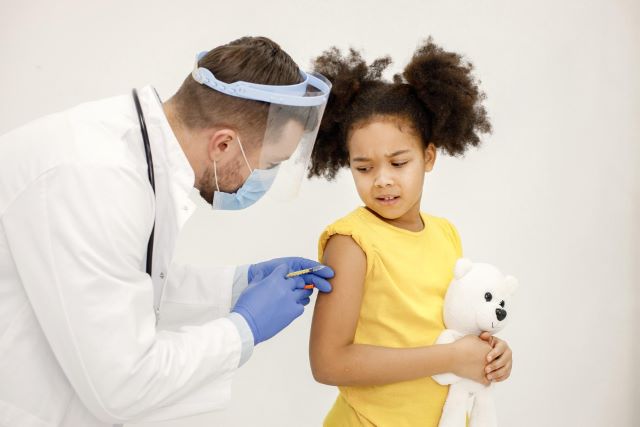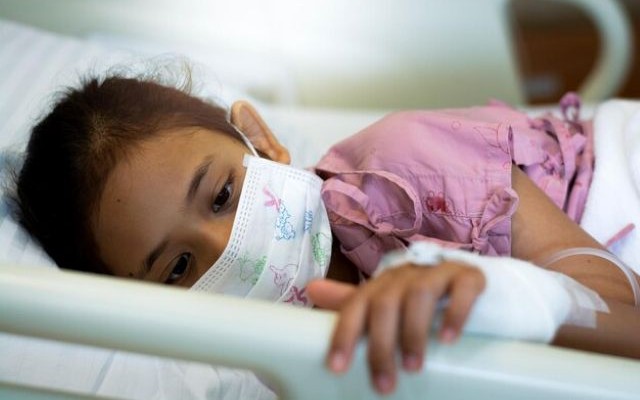We are only in the third month of 2025 and according to statistics from the CDC, 86 children have already died from the influenza virus. The number of hospitalized children with the flu has jumped to a staggering 145% already this season. Needless to say, health professional are concerned.

Per a report form the American Academy of Pediatrics, the number of children admitted into the hospital went from 959 in January to 2,348 in February, and that number is unfortunately climbing, as doctors have said that this is among the worst flu seasons in recent history.
“Influenza comes around every winter. While there isn’t really such a thing as a ‘good’ influenza season — every year we see thousands of deaths and hospitalizations — seasons vary in severity from year to year, and this is a particularly severe season,” Dr. Sean T. O’Leary. chair of the AAP Committee on Infectious Diseases, said in a recent statement.

According to CDC data, fewer than half of U.S. children have received the flu shot this season. The vaccination rate among children aged 6 months to 17 years has declined in recent years, possibly due to increased vaccine hesitancy that emerged during the COVID-19 pandemic.
For some children, the flu may be mild and they recover within a few days. However, as hospitals have observed, for others, the symptoms can be more severe and, in some cases, even fatal.
“Death is obviously the most severe outcome, but there is a huge spectrum between well and not well,” Dr. Anika Patel, a pediatric critical-care doctor in Washington, D.C., told the Washington Post in a recent interview. “The flu can take a previously healthy kid and land them on a ventilator.”

So just what can parents to help protect their children from the flu this season? Here are 10 health expert-recommended tips for parents to add to their parenting toolbox.
Get the Flu Vaccine Early: According to health experts, the flu vaccine is the most effective way to prevent influenza. Experts recommend getting the vaccine as early as possible, ideally before flu season peaks.
Encourage Frequent Handwashing: Frequent handwashing with soap and water can help combat the spread of disease and germs. Teach children to wash their hands for at least 20 seconds, especially after coughing, sneezing, or touching shared surfaces.
Use Hand Sanitizer When Necessary: When soap and water aren’t available, experts advise using a hand sanitizer with at least 60% alcohol to kill germs and reduce the risk of infection.
Teach Cough and Sneeze Etiquette: Teaching children to cover their mouth and nose with a tissue or their elbow when coughing or sneezing, and to dispose of used tissues promptly.
Keep Sick Children Home: Keep children home from school or daycare if they show flu-like symptoms. This helps prevent the spread of the virus to others and allows the child to rest and recover. Although this may be a tough one to do with the expense of childcare, it will help everyone that the sick child may come into contact with in the long run.

Disinfect High-Touch Surfaces Regularly: Experts suggest frequently cleaning and disinfecting surfaces such as doorknobs, light switches, cell phones, and remote controls, which are often touched and can harbor germs.
Support a Healthy Immune System: Eat a balanced diet rich in fruits, vegetables, lean proteins, and whole grains to help boost your child’s immune system. Adequate hydration is also key to overall health.
Ensure Adequate Sleep: Highlight the importance of sleep for immune function. Children should get the recommended amount of sleep based on their age to help their bodies fight off infections.
Avoid Close Contact with Sick Individuals: Minimize close contact with people who are ill, especially if flu season is in full swing, to reduce your child’s risk of exposure.
Model Healthy Habits: Set an example by practicing good hygiene, eating well, and taking precautions against illness. Children are more likely to adopt healthy behaviors when they see their parents following them.







